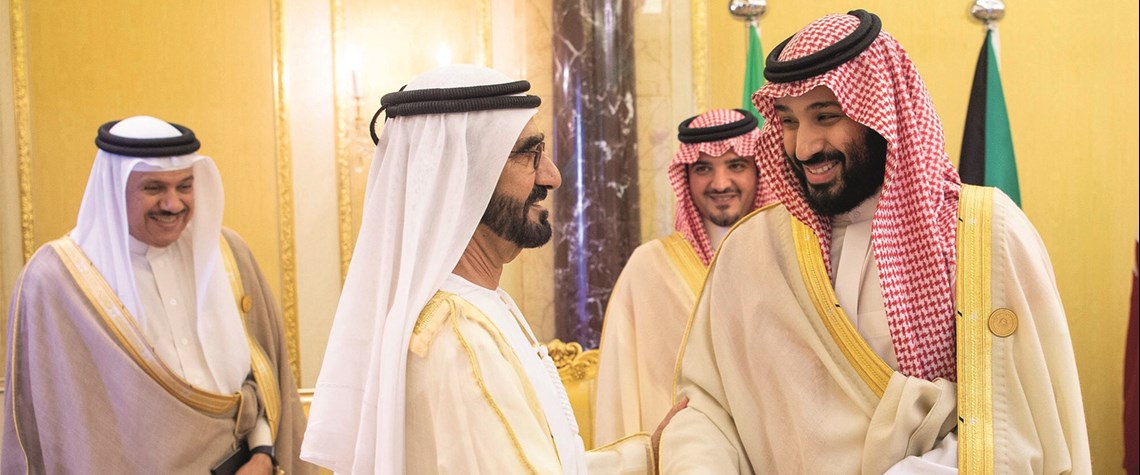Gulf states' cooperation quest falters
The GCC will struggle in 2019 to resolve the many issues that divide it and threaten its survival
Nothing points up the frailty of the Gulf Cooperation Council (GCC) more than the Qatar crisis. When Saudi Arabia, the UAE and Bahrain imposed an economic and diplomatic blockade on Qatar in June 2017 — accusing it, among other things, of supporting terrorism — they undermined the foundations of the regional grouping. For not only did three Gulf states turn on a fourth, but the other two GCC members, Kuwait and Oman, declined to support the action against Qatar. The fault lines ran in differing directions. Getting all six leaders together in one room is proving impossible. At the 2017 summit in Kuwait, the host, Shaikh Sabah al-Ahmad al-Sabah, and the Emir of Qatar, Shaikh Tamim bin Hamad Al

Also in this section
18 February 2026
With Texas LNG approaching financial close, Alaska LNG advancing towards a phased buildout and Magnolia LNG positioned for future optionality, Glenfarne CEO Brendan Duval says the coming year will demonstrate how the company’s more focused, owner-operator approach is reshaping LNG infrastructure development in the North America
18 February 2026
The global gas industry is no longer on the backfoot, hesitantly justifying the value of its product, but has greater confidence in gas remaining a core part of the global energy mix for decades
18 February 2026
With marketable supply unlikely to grow significantly and limited scope for pipeline imports, Brazil is expected to continue relying on LNG to cover supply shortfalls, Ieda Gomes, senior adviser of Brazilian thinktank FGV Energia,
tells Petroleum Economist
17 February 2026
The 25th WPC Energy Congress, taking place in Riyadh, Saudi Arabia from 26–30 April 2026, will bring together leaders from the political, industrial, financial and technology sectors under the unifying theme “Pathways to an Energy Future for All”







